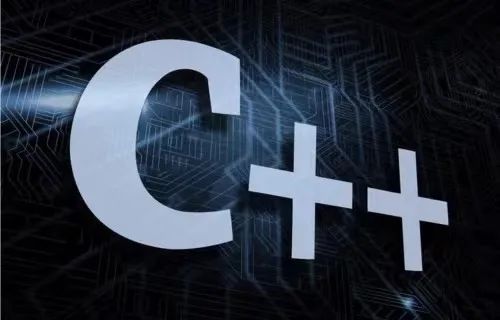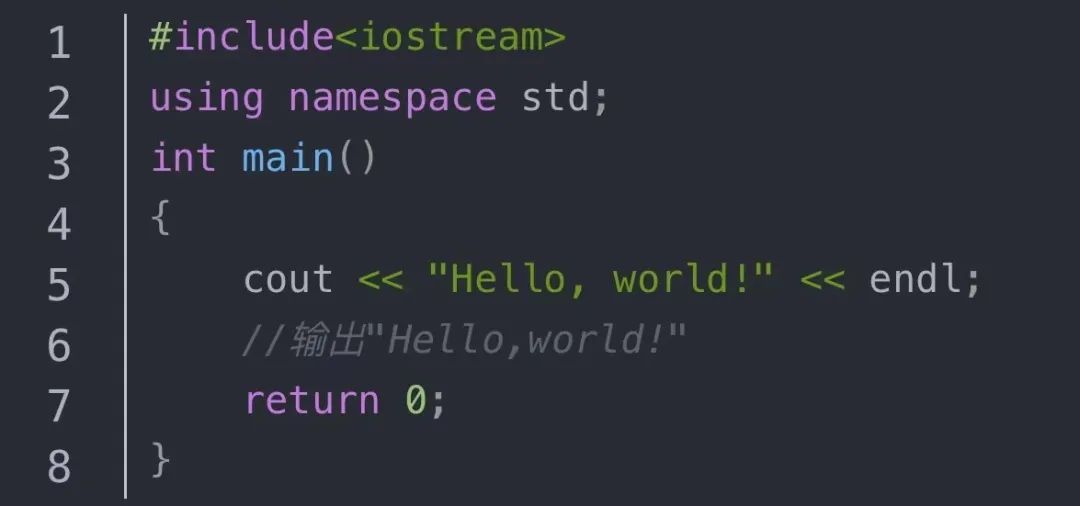
— Welcome To C++ —
There are various programming languages, and here we introduce a new programming language called C++. So what is C++?C++ is a statically typed, compiled, general-purpose, case-sensitive, and irregular programming language, supporting procedural programming, object-oriented programming, and generic programming.


C++ is a high-level language developed by Bjarne Stroustrup at Bell Labs in 1979, and it has become a mainstream programming language.

-
C++ has a simple interface, making the programming process easy to learn and use;
-
However, its design is rigorous, allowing users to focus entirely on the logical design of the program;
What can C++ do?
Software development, such as AutocAD, Photoshop, and other tools;
Game development, such as PUBG, Tetris, Candy Crush, etc.;
Embedded development [the combination of software and hardware], such as large communication system software;
-
Artificial intelligence, such as image recognition;
-
The core language provides all the building blocks, including variables, data types, constants, etc.;
-
The C++ standard library provides a large number of functions for file, string operations, etc.;
-
The Standard Template Library (STL) provides many methods for manipulating data structures;
Structure of a C++ program:
First, let’s look at a simple code that outputs the word Hello World.

Explanation:
The C++ language defines some header files that contain necessary or useful information for the program. The above program includes the header file <iostream>.
The next line using namespace std; tells the compiler to use the std namespace. The namespace is a relatively new concept in C++.
The next line // main() is where the program starts executing, which is a single-line comment. Single-line comments start with // and end at the end of the line.
The next line int main() is the main function, where the program starts executing.
The next line cout << “Hello World”; will display the message “Hello World” on the screen.
The next line return 0; terminates the main() function and returns the value 0 to the calling process.
At this point, a code is complete.



That’s all for today’s content,
Let’s simply get to know C++, and those
interested students can learn more!